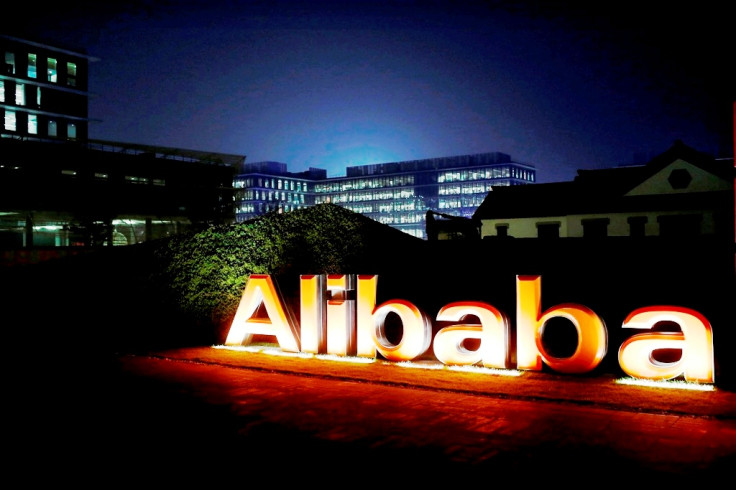China: Alibaba criticised by regulator SAIC over sale of fake and shoddy goods online

Chinese e-commerce giant Alibaba has been criticised for allowing the sale of fake and shoddy goods on its platforms by unlicensed merchants.
China's State Administration for Industry and Commerce (SAIC) said the company, which recently completed its record initial public offering in the US, failed to protect consumer rights, as it did little to tackle unlicensed merchants.
The industry watchdog noted that it found many products on sale via Alibaba's online platforms infringed on trademarks. It also alleged that some products listed on the site were below standard, illegally imported or even endangered public security.
"Alibaba Group hasn't been paying enough attention to the mismanagement of the Alibaba Internet transaction platforms for a long time, and hasn't implemented effective controls to solve the problems," the SAIC said in a whitepaper, as translated by The Wall Street Journal.
The paper said SAIC officials in Zhejiang, the province where Alibaba is based, and elsewhere would work with the company executives on fixing the problems. The secretive nature of the discussions was due to the pending IPO of Alibaba in the US.
In September, the e-commerce major raised a record $25bn (£16.5bn, €22.1bn) through share sale in the US, after the stock attracted strong demand from investors, who heavily relied on China's online shopping boom and the company's expansion plans.
Online shopping in China is expected to triple between 2011 and 2015 despite the country's economic slowdown, given the strong internet penetration in the world's second-largest economy.
Alibaba adopted stricter standards on piracy and fake goods ahead of the IPO.
© Copyright IBTimes 2025. All rights reserved.






















